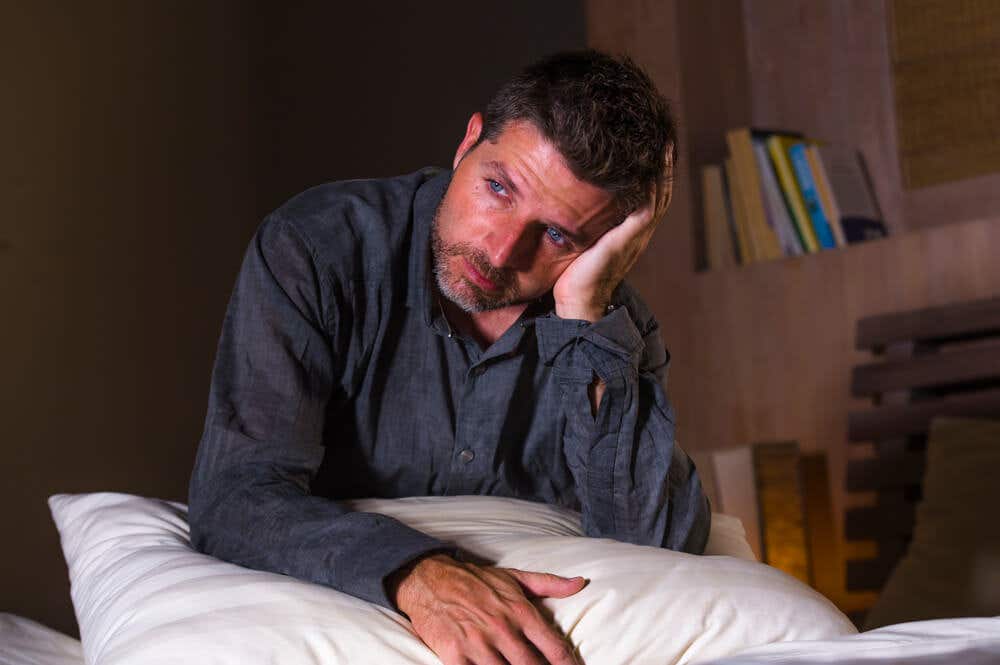Could the moon be responsible for your bad sleep?
Men’s sleep may be more powerfully influenced by the lunar cycle than women’s, according to a new study from Uppsala University

[Sept 14, 2021: UPPSALA UNIVERSITY]
Men’s sleep may be more powerfully influenced by the lunar cycle than women’s, according to a new study from Uppsala University, now published in the journal Science of the Total Environment.
Previous studies have produced somewhat conflicting results on the association between the lunar cycle and sleep, with some reporting an association whereas others did not. There are several possible explanations for these discrepant findings, such as that some of the results were chance findings. However, many past studies investigating the association of the lunar cycle with human sleep did not control their analyses for confounders known to impact human sleep, such as obstructive sleep apnea and insomnia.
During the waxing period, the amount of illuminated moon surface as seen from Earth increases, and the moment that the moon crosses a location's meridian gradually shifts to late evening hours. In contrast, during the waning period, the illuminated surface decreases and the moment that the moon crosses a location's meridian gradually shifts to daytime hours.
"We used one-night at-home sleep recordings from 492 women and 360 men. We found that men whose sleep was recorded during nights in the waxing period of the lunar cycle exhibited lower sleep efficiency and increased time awake after sleep onset compared to men whose sleep was measured during nights in the waning period. In contrast, the sleep of women remained largely unaffected by the lunar cycle. Our results were robust to adjustment for chronic sleep problems and obstructive sleep apnea severity," says Christian Benedict, Associate Professor at Uppsala University's Department of Neuroscience, and corresponding author of the study.
One mechanism through which the moon may impact sleep is sunlight reflected by the moon around times when people usually go to bed. In addition, a recent study suggests that the male brain may be more responsive to ambient light than that of females.
"Our study, of course, cannot disentangle whether the association of sleep with the lunar cycle was causal or just correlative," concludes Christian Benedict.
Like these kind of feel good stories? Get the Brighter Side of News' newsletter.
Tags: #New_Discoveries, #Medical_News, #Sleep, #Research, #The_Brighter_Side_of_News



